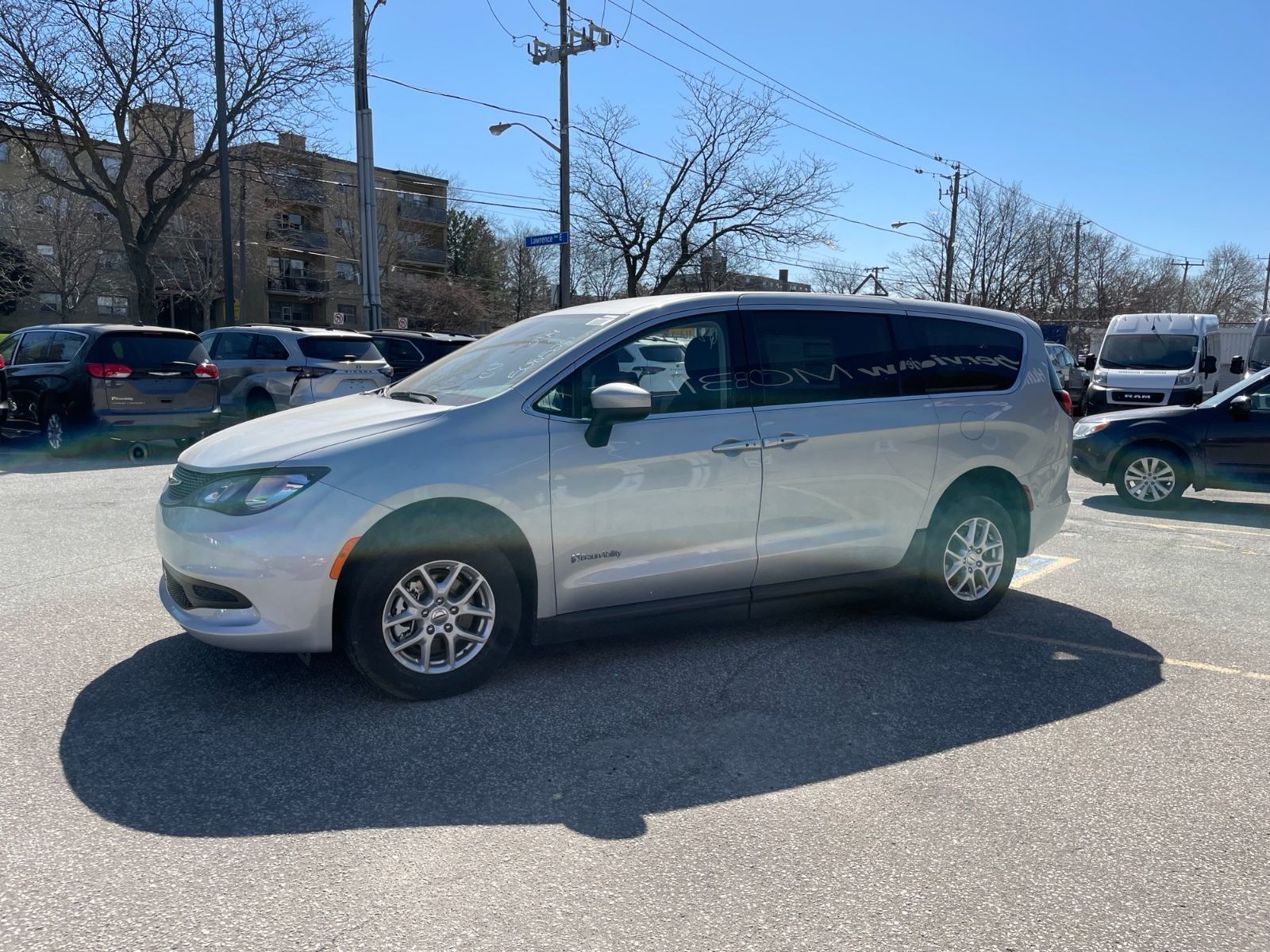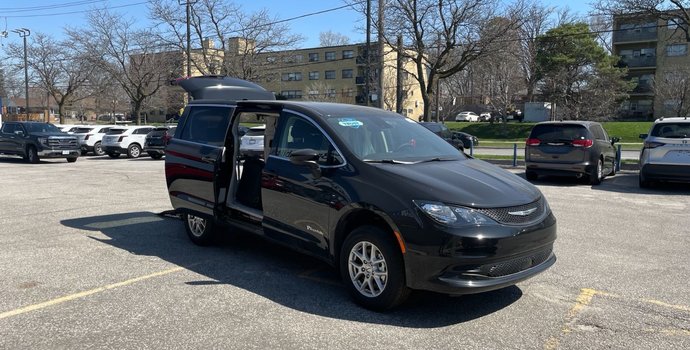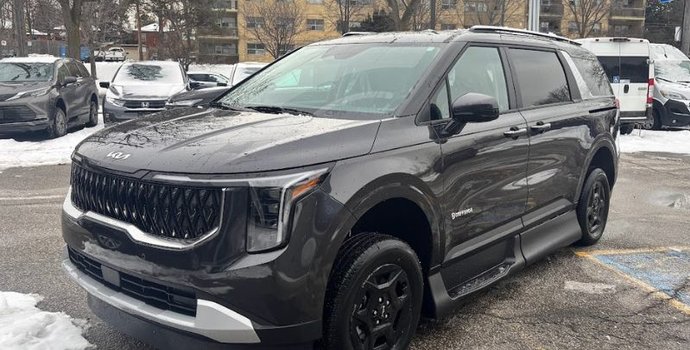Buying a wheelchair accessible vehicle is a big decision, and the cost can feel overwhelming. If you're wondering how to make it work within your budget, you're not alone. Many Ontario residents face the same concerns when they need a mobility vehicle but aren't sure where to start with financing.
The good news is that you have more options than you might think. Between traditional auto loans, manufacturer rebates, provincial grants, and nonprofit assistance, there are multiple ways to reduce the financial burden. This guide walks you through the main financing paths available in Ontario, so you can move forward with confidence.
Talk to Our Mobility Specialist
Have Questions? Connect with Our Mobility Specialist Today for Personalized Assistance and Expert Guidance!
Shop Now
Understanding Vehicle Loans for Accessible Vehicles
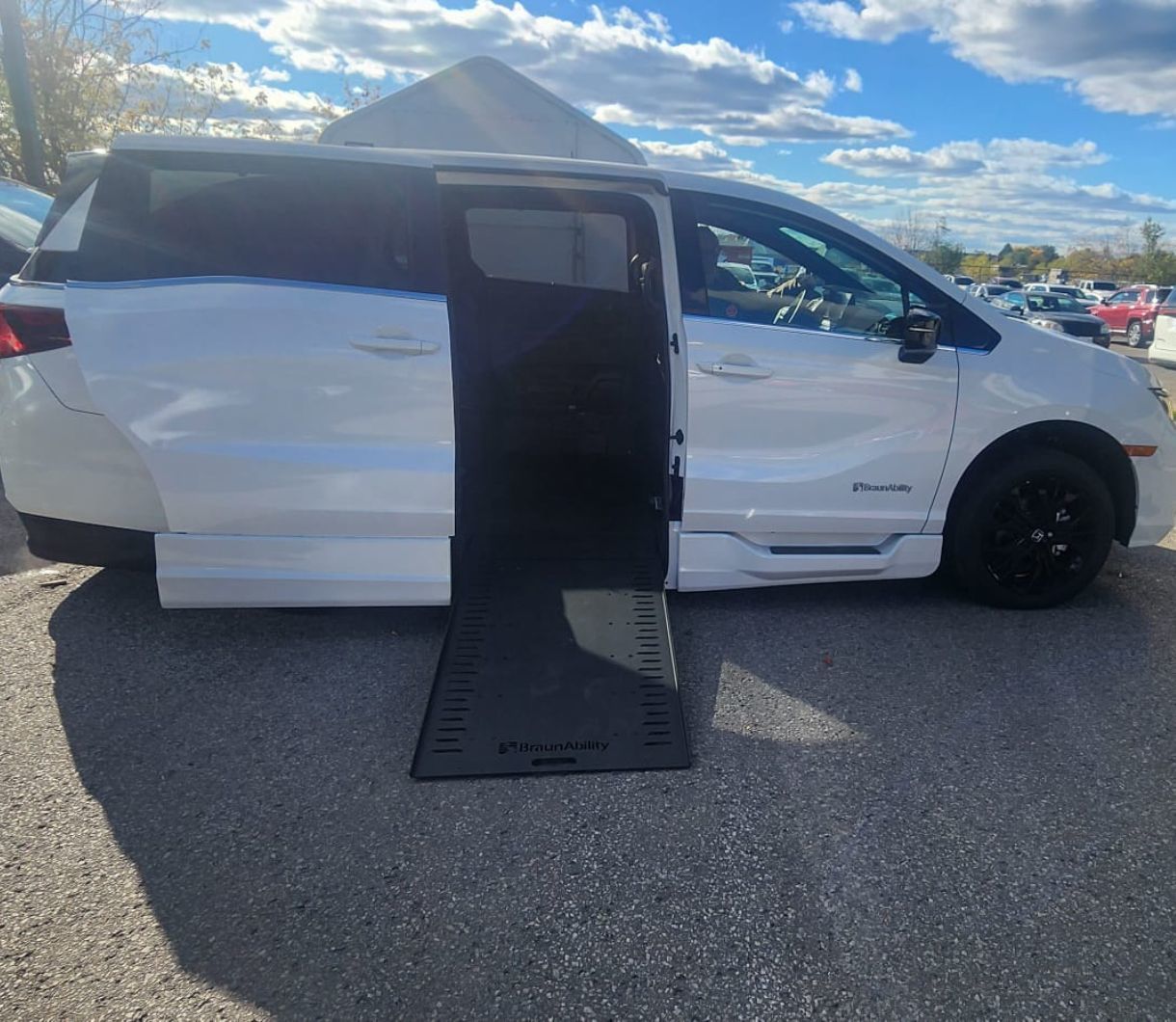
Most accessible vehicle dealerships in Ontario, including Courtland Mobility in Burlington, work with finance companies that specialize in mobility vehicles. These loans function like standard auto loans, but they're designed with flexibility in mind for buyers who need wheelchair vans or adapted vehicles.
Loan terms typically extend up to 10 years, which helps keep monthly payments manageable. Some finance companies offer tailored payment plans specifically for mobility buyers, taking into account the higher upfront cost of accessible vehicles. You can finance both new and used wheelchair vans through these programs.
If you prefer to go through your bank or credit union, that's also an option. Keep in mind that traditional lenders may require a larger down payment or additional documentation if the vehicle's price increases due to modifications. It's worth comparing offers from both specialized mobility lenders and traditional financial institutions to find the best terms for your situation.
Manufacturer Mobility Programs
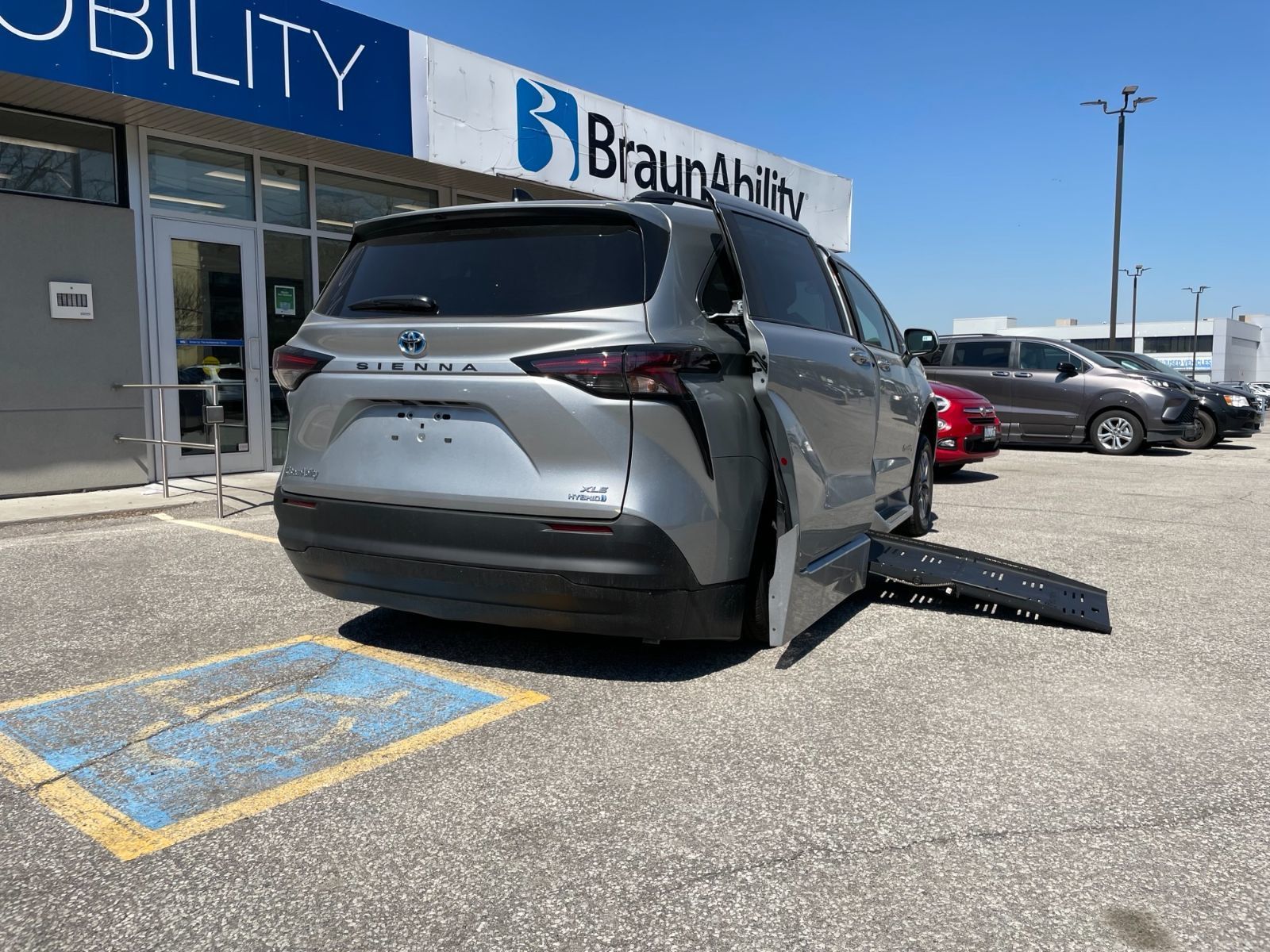
Several vehicle manufacturers offer rebates and credits to help offset the cost of mobility adaptations. These programs are available when you purchase a new vehicle and have approved modifications installed.
General Motors Mobility Program provides up to $1,000 in credit for approved mobility adaptations on new GM vehicles. You'll need to submit documentation showing that the equipment was installed within the specified time frame, along with proof of eligibility.
Toyota Mobility Rebate offers up to $1,000 in reimbursement for adaptive equipment installed on eligible vehicles within 90 days of purchase. Other brands may have similar programs, so it's worth asking your dealership about current mobility incentives when you're shopping.
These rebates don't cover the full cost of conversion, but they do help reduce your out-of-pocket expenses. Make sure you understand the application deadlines and documentation requirements before you finalize your purchase.
Provincial Grant Programs in Ontario
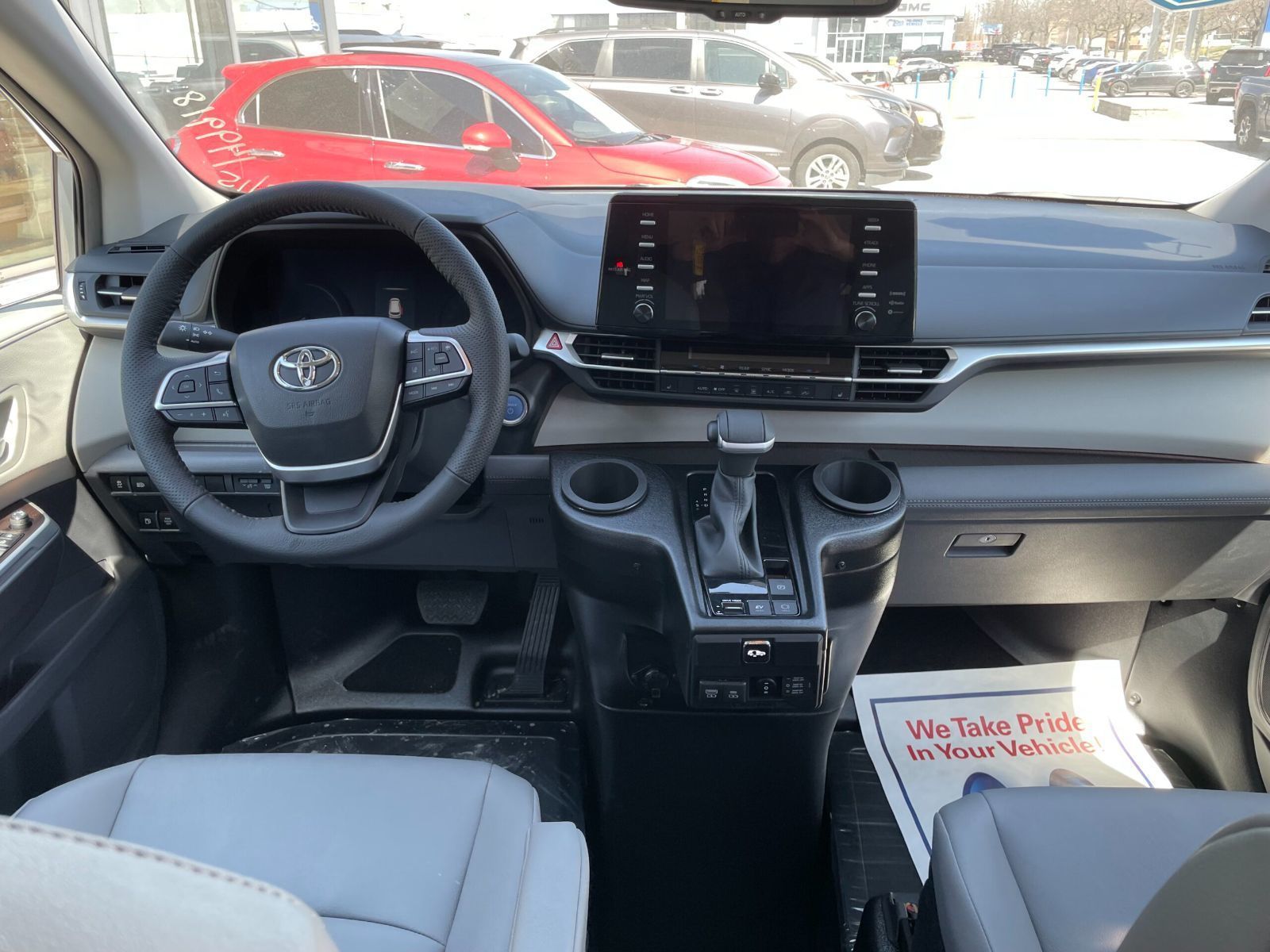
Ontario residents have access to provincial funding programs designed to help with the cost of vehicle modifications. These grants don't typically cover the purchase price of the vehicle itself, but they can significantly reduce the cost of installing wheelchair lifts, ramps, and other adaptive equipment.
March of Dimes Canada: Home and Vehicle Modification Program (HVMP)
The HVMP provides up to $15,000 for accessible vehicle modifications every 10 years. This program is available to permanent Ontario residents who can demonstrate both a permanent, substantial disability and financial need.
To qualify, you'll need to provide medical records, identification, and financial information. The application process takes time, so it's smart to start early if you're planning to use this funding source.
Easter Seals Ontario
Easter Seals Ontario offers up to $3,000 per year for qualifying children under 19 for mobility equipment. While this program is focused on younger users, it can help cover a portion of van or adaptive technology costs for eligible families.
Jordan's Principle
Jordan's Principle supports eligible First Nations children for accessibility needs. Funding amounts are determined on a case-by-case basis, and the program can help with mobility vehicle adaptations when other funding sources fall short.
Nonprofit and National Assistance
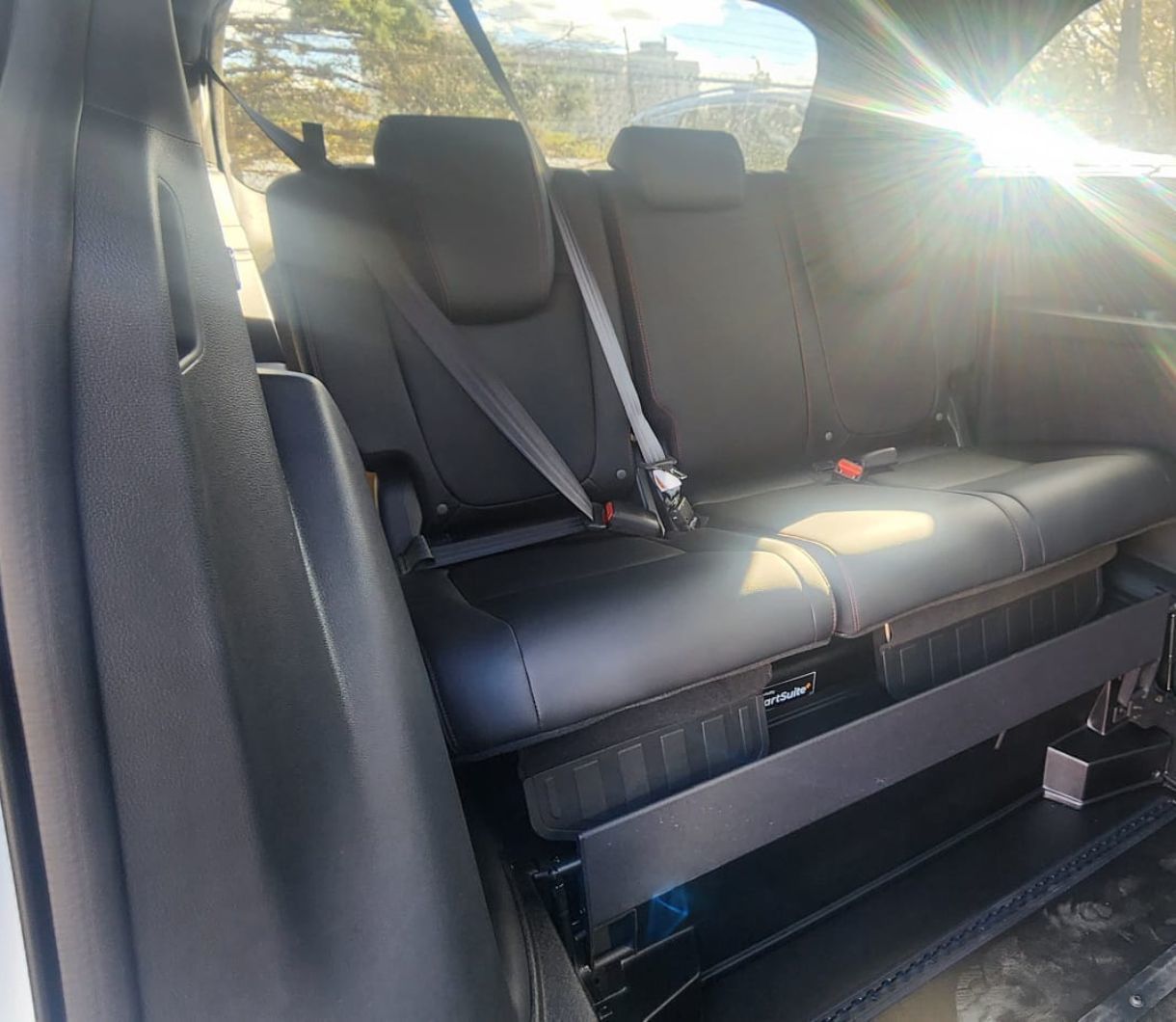
Several nonprofit organizations provide financial assistance for mobility vehicle adaptations, often tied to specific medical conditions. These programs typically offer up to $1,000 per year and are designed to supplement other funding sources.
Organizations like Muscular Dystrophy Canada and the MS Society of Canada support members who need help with mobility vehicle modifications. Other disease-specific foundations may also offer grants or aid, depending on your diagnosis.
Local social service agencies can help guide you through available resources and connect you with programs you might not know about. It's worth reaching out to see what's available in your area.
Combining Multiple Funding Sources
Very few people can cover the full cost of an accessible vehicle and its modifications from a single source. The most practical approach is to combine several funding options—such as a vehicle loan, a manufacturer rebate, the HVMP grant, and nonprofit assistance—to piece together the total amount you need.
For example, you might secure a 10-year loan for the vehicle itself, apply the GM Mobility Program credit toward the conversion, and use HVMP funding to cover the installation of a wheelchair lift. This layered approach makes the cost much more manageable.
Steps to Apply for Financing and Grants
Here's a straightforward process to follow as you move toward purchasing your accessible vehicle:
Choose your vehicle and adaptive equipment. Work with a mobility specialist at Courtland Mobility to identify the vehicle and modifications that meet your specific needs.
Apply for manufacturer rebates. Ask about available mobility programs from GM, Toyota, or other brands, and submit your application as soon as possible.
Apply for provincial grants. Gather your medical records, identification, and financial documents, then submit applications to the HVMP or Easter Seals if you qualify.
Research nonprofit supports. If you have a specific medical condition, contact relevant foundations to see if they offer funding for mobility equipment.
Arrange your vehicle loan. Approach dealerships or specialized mobility finance companies to secure a loan with terms that work for your budget.
Starting early gives you time to complete applications, gather documents, and compare financing offers. The process can take several weeks or months, but the effort is worth it when it means gaining the independence and mobility you need.
Get Started at Courtland Mobility in Burlington
Financing a wheelchair accessible vehicle in Ontario involves more steps than a standard car purchase, but the support is there if you know where to look. At Courtland Mobility, we work with buyers every day to help them navigate loans, grants, and manufacturer programs.
If you're ready to explore your options, our team in Burlington is here to walk you through the process and answer your questions. Contact Courtland Mobility today to discuss your mobility needs and start building a financing plan that works for you.

